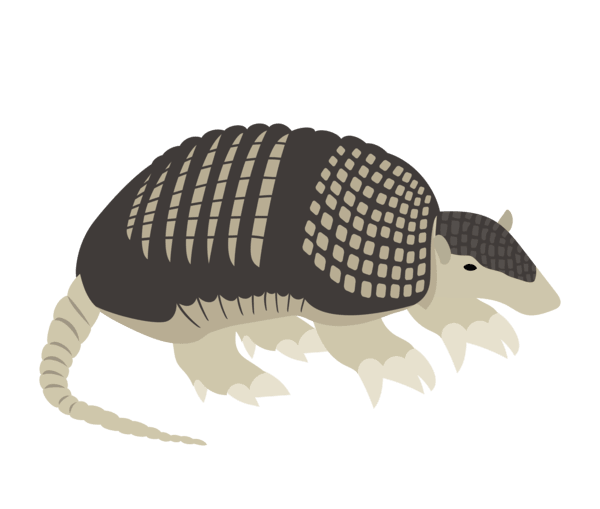
Peru's Xenarthrans
Xenarthrans are a group of mammals that include anteaters, sloths, and armadillos. The name xenarthran comes from two Greek words meaning “unusual joints.” Today there are about 40 species of xenarthrans. Some hang upside down from trees, others have a long snout with a very long tongue, and some dig the ground in search of insects and small invertebrates. Some will even eat dead animals! All current and extinct species have been found in specific regions of the Americas, mostly South America. Check out the species below that call Peru home. To discover the animal’s diet, lifespan, habitat and fun facts click on their image.
Giant Anteater
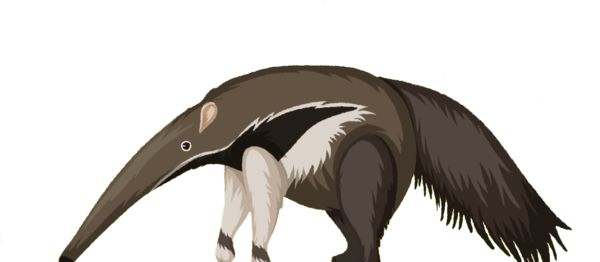
Thomas's silky anteater

Rio Negro silky anteater
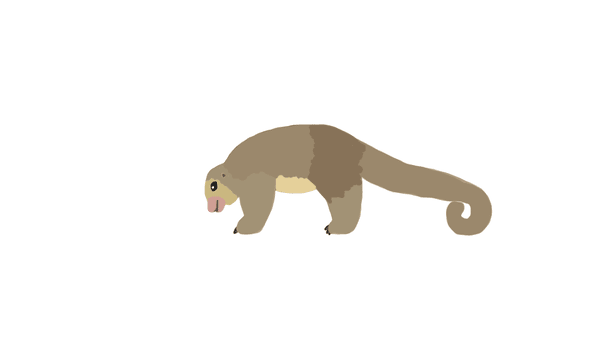
Northern Tamandua
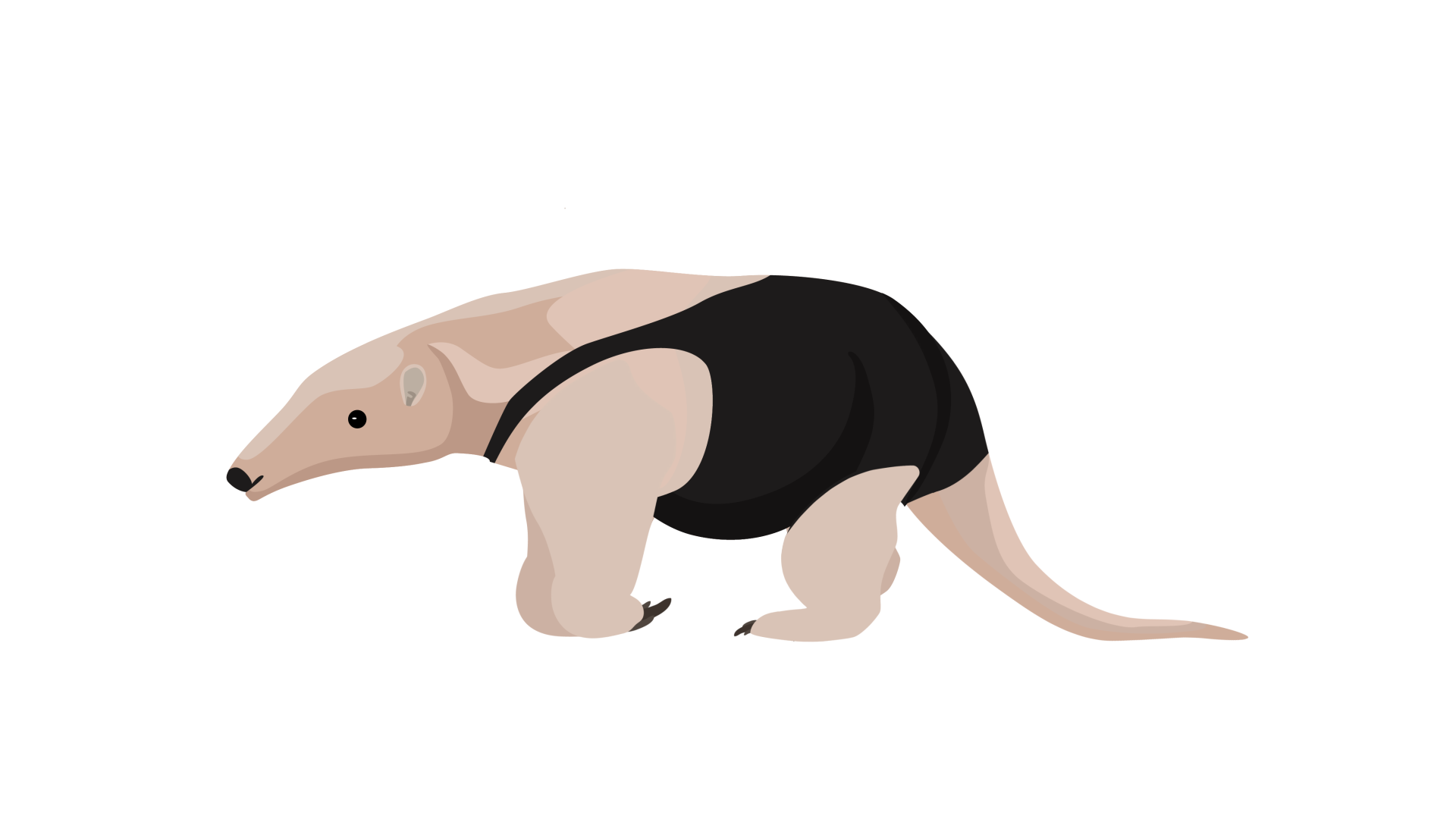
Southern Tamandua
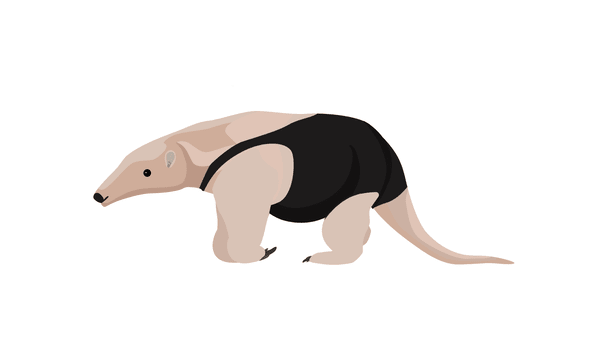
Hoffmann's Two-fingered Sloth
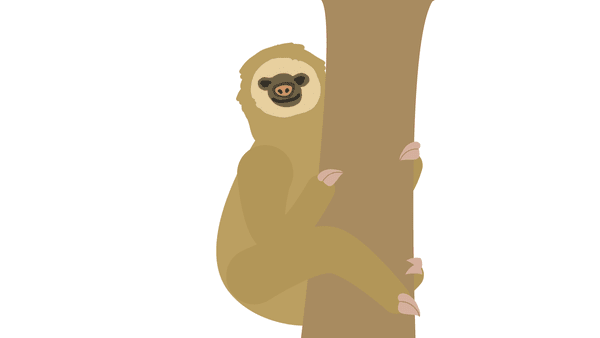
Linné's Two-fingered Sloth

Brown-throated Three-fingered Sloth
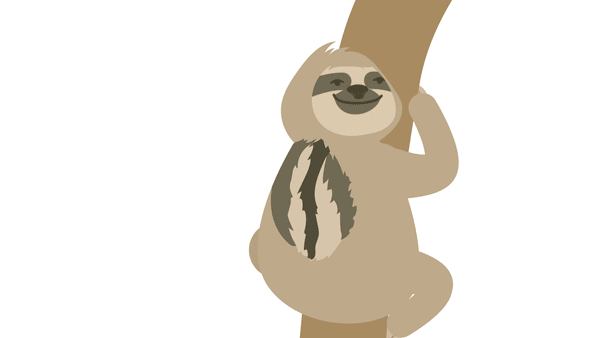
Armadillos
Armadillos are the only mammals that have a carapace or dorsal armor made of small bony plates. Their diversity is truly astonishing.
Amazon Naked-Tailed Armadillo

Nine-banded Armadillo

Greater long-nosed armadillo
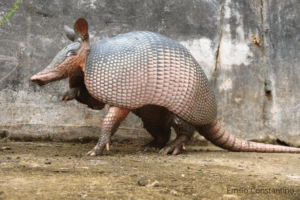
Hairy long-nosed armadillo

Giant armadillo
